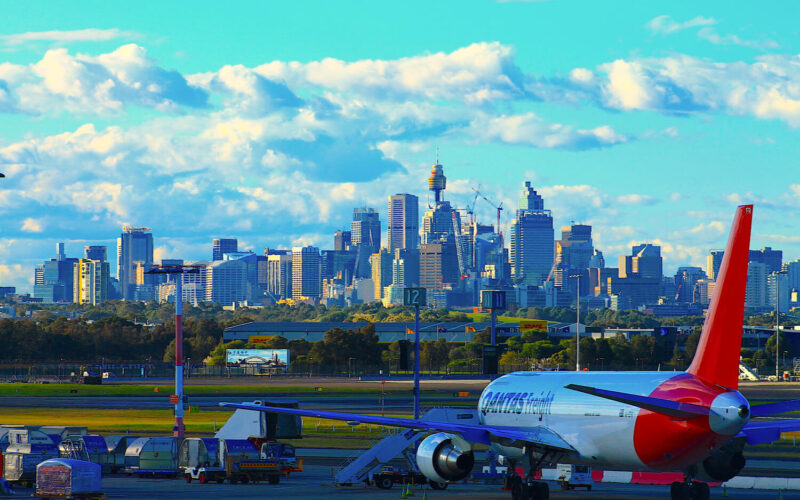Caught in the global coronavirus COVID-19 outbreak and the resulting fall of travel demand, Qantas, the biggest Australian airline, and its subsidiary Jetstar are cutting their international flights by approximately 90%. Amid the changes, the group is preparing to ground “almost” all of its widebody aircraft, with at least 150 planes to be stored.
Instead of previously estimated 23% capacity reduction for the last quarter of FY2020, Qantas Group airlines are now planning to cut their international flights by around 90% at least by the end of May 2020, the company announced on March 16, 2020.
In addition, the capacity cuts will affect a much bigger than previously estimated proportion of the domestic network as well. Instead of 5%, now the group is cancelling around 60% of its domestic flights until at least the end of May 2020.
The changes will result in excess of both planes and workforce. Qantas Group employs approximately 30,000 people, most of whom are expected to take paid or unpaid leave.
The previous day, on March 16, the company warned that new restrictions by various jurisdictions, announced over the weekend, would have a major impact on travel demand and require additional flight cuts to those announced earlier in the month.
Qantas to ground Airbus A380, Boeing 787 Dreamliners
With international flights network to shrink to only 10%, the airline group will ground around 150 aircraft (~75% of its fleet), including almost all of its wide-bodies.
Currently, Qantas Airlines operates a fleet of 131 aircraft, over half of which (81) are wide-bodies: 28 Airbus A330s, 12 Airbus A380s, five Boeing 747s and 11 Boeing 878-9 Dreamliners, planespotters.net data shows. Jetstar Airways flies a fleet of 70 aircraft, of which only 11 are wide-body, Boeing 787 Dreamliners in particular.
The company first opened up about plans to ground the Airbus A380 a week earlier, on March 10. Back then, the company estimated that the planes could remain on the ground until September 2020.
Qantas Airways was also negotiating with Airbus to postpone the €3.9 billion ($4.4 billion) order for up to twelve ultra-long-range Airbus A350-1000 airliners. The widebodies were due to carry out the longest flights in the world (New York-Sydney and London-Sydney), known as Project Sunrise, from the first half of 2023.
With the foreseen grounding of its Airbus A380s, Qantas is joining a long list of operators who are rushing to store their superjumbos amid the global travel demand slump. Similar action has already been announced by Air France, Korean Air, whose president fears it could not survive the crisis, and Lufthansa (LHAB) (LHA) . Emirates, by far the biggest operator of the model, and the only air carrier which has found commercial use of the Airbus A380s, is also reportedly looking to defer the remaining deliveries of its final eight A380s.

